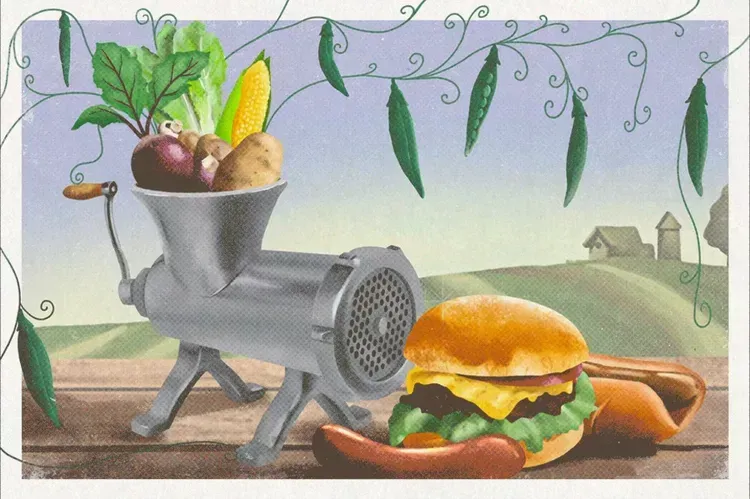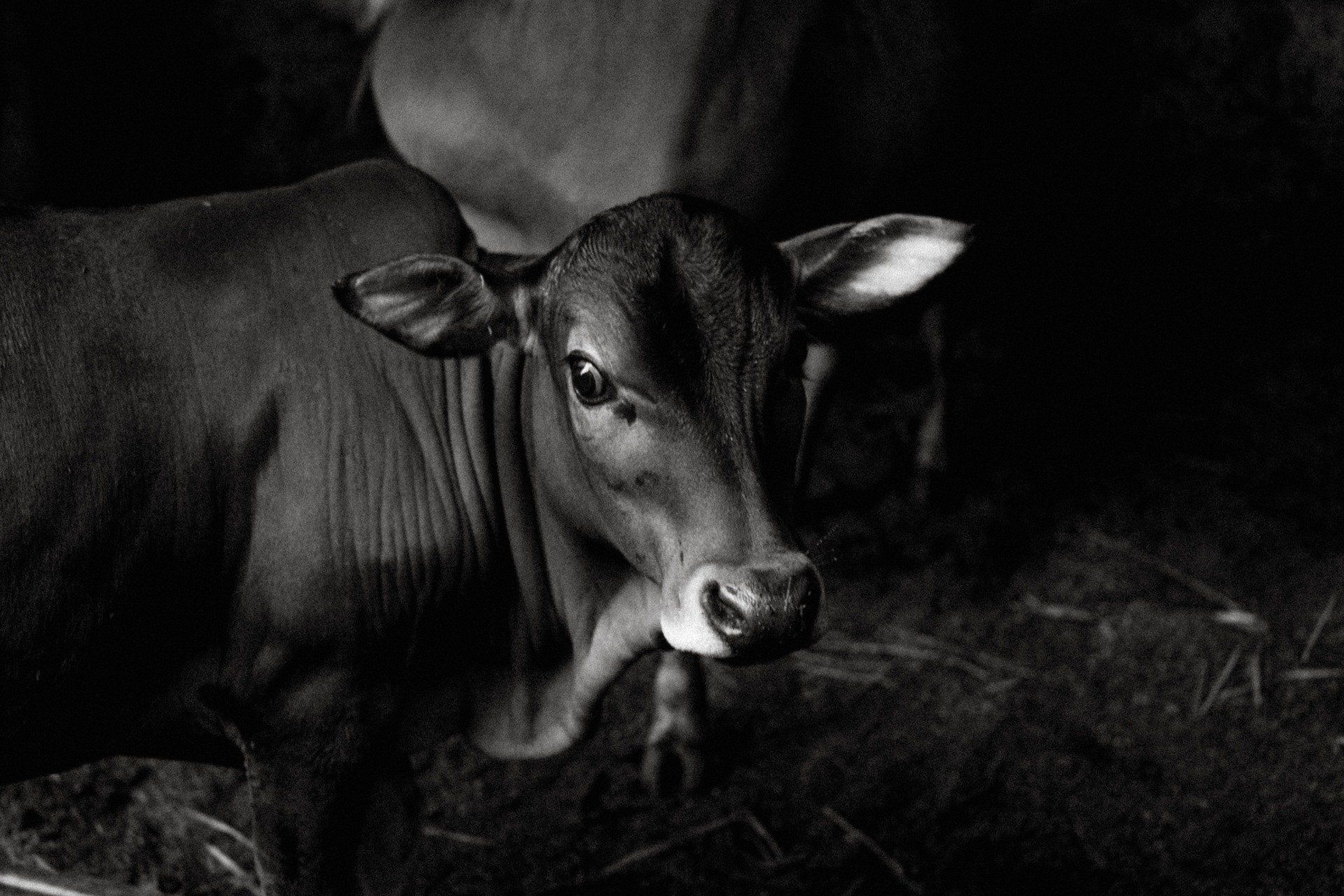Farm Journal Launches Trust In Beef to Accelerate Beef Industry’s Sustainability Work
By FARM JOURNAL September 8, 2021
Trust In BeefTM is a new effort to empower beef producers on their sustainability journey and provide consumers with real-life proof of the continuously improving environmental performance of American beef. The program is led by Farm Journal's social purpose initiative, Trust In Food, and its industry-leading beef brand, Drovers.
“This program will work in harmony with our other industry stakeholder efforts,” says Amy Skoczlas Cole, executive vice president of Trust in Food. “The goal is to simplify the process for cattle producers to meet the challenges of a changing world. It will also influence consumer sentiments by highlighting the important role that beef has historically played, and will continue to play, in delivering economic, social and environmental benefits.”
Trust In Beef is working across two program streams to secure a sustainable future for beef:
- Empowering producers on their journey
- Trust In Beef will connect producers with education, tools and resources to start or accelerate their continuous improvement journey.
- At the same time, the program will capture stories and data, documenting the depth of beef producers’ sustainability-related work – both past and present – at a scale never done before.
- Connecting consumers to beef’s sustainability story
- Trust In Beef will provide partners with a steady stream of consumer outreach and engagement materials in the form of these producer case studies. This will enable consumer-facing brands to expand and improve their efforts to ensure consumers understand beef’s story by shining a light on environmentally-conscious beef producers.
- The program will also undertake its own consumer outreach through media initiatives on streaming platforms.
Earlier this year, Trust In Beef undertook a first-of-its-kind research effort to understand the perspectives, beliefs and actions of American beef producers regarding sustainability. More than 900 producers from more than 40 states shared viewpoints.
Key findings indicate many producers know the beef industry is changing and needs more change but are unsure about how to do this.
Key findings include:
- Producers recognize change is needed…
- 79% say producers should change production practices to meet consumer demands.
- 56% recognize that the average US beef operation is not entirely environmentally sound
- Some are already taking steps forward…
- 58% already have a formal grazing plan in place.
- 51% already have a plan in place to improve animal productivity.
- Many are unsure about their role…
- 39% are unsure if beef producers will have to implement sustainability-related practices in the next decade to stay in business.
- Plenty have not made necessary changes…
- 64% don’t think that setting year end goals is related to sustainable production.
- 42% do not have a formal grazing plan in place.
- 49% do not have a formal plan in place to improve animal productivity.
“Trust in Beef will provide the megaphone and activation mechanism for many of the current sustainability strategies being offered to the nation’s beef producers,” said Cliff Becker, Farm Journal senior vice president and publishing director of Drovers. “Producers want to do the right thing, and our research shows they are committed to improvement. Providing examples of success stories that improving can also align with profitability will help adoption of sustainability practices and enhance the overall longevity and profitability of today’s beef operations.”
For more information about Trust In Beef, go to https://www.trustinbeef.com/
he body content of your post goes here. To edit this text, click on it and delete this default text and start typing your own or paste your own from a different source.
You might also like
Jaynie Norman


